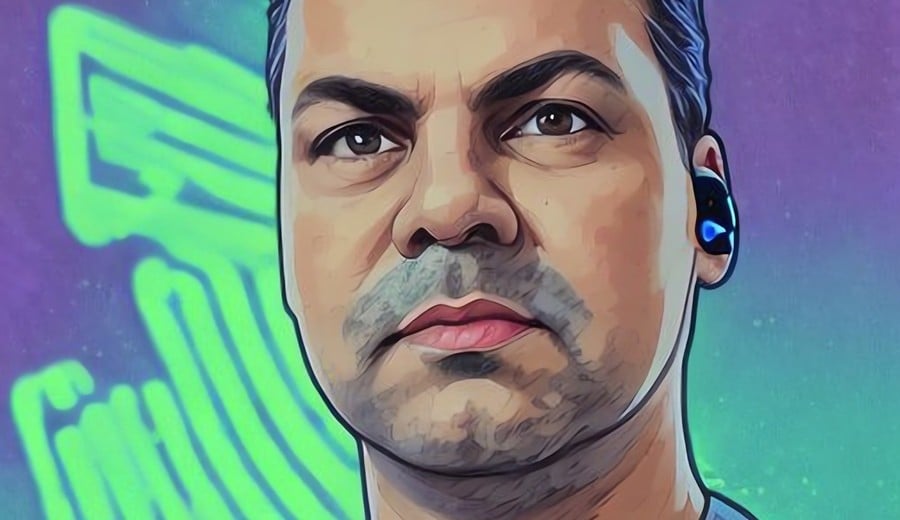
Video game veteran Shahid Ahmad has had quite a career. He's perhaps best known for his incredible work at Sony Computer Entertainment Europe, where he helped nurture over 100 different games, but has been involved in games development for decades. He started off in 1982 at PSI Software Designers before moving on to B.I.T.S., Virgin Interactive Entertainment and Hasbro Interactive – and, since leaving Sony in 2015, has worked at Double Eleven and Team17, and currently works as a mentor in the realm of software development.
Ahmad is this week's guest on Simon Parkin's excellent My Perfect Console podcast, where he asks developers and celebrities to name five games they'd include on their ideal gaming system. As well as discussing his five games, Ahmad also runs through his career to date, outlining his often difficult upbringing in London to his emergence as one of Britain's most prolific "bedroom coders".
During this meteoric rise – which would arguably culminate in him joining Sony and commissioning the likes of No Man's Sky and Hellblade – Ahmad worked with Ultimate Play The Game, the legendary studio which would eventually evolve into Rare.
Having ported Jet Set Willy to the C64 – a title which would go on to sell a million copies but only pocketed him £4,000 – Ahmad worked with Tim and Chris Stamper to convert their ZX Spectrum title Nightshade to Commodore's computer. This led to a conversation in which the siblings pitched the idea of Ahmad bringing his next game, Pandora, to Ultimate. However, Ahmad reveals that he had a "gentlemen's agreement" with Telecomsoft (which had published his previous hit, Chimera) so he turned the pair down.
"I felt like I absolutely had to honour that obligation," he tells Parkin. "It's one of the biggest regrets – if not the biggest regret – of my career. It sounds weird that I'm talking about a point in my life where I feel like I did the right thing, and I regret it. That doesn't happen often. You don't always get punished for doing the right thing, but you do sometimes."
We'd highly recommend that you check out the podcast – and the whole My Perfect Console series – as soon as you're able.
